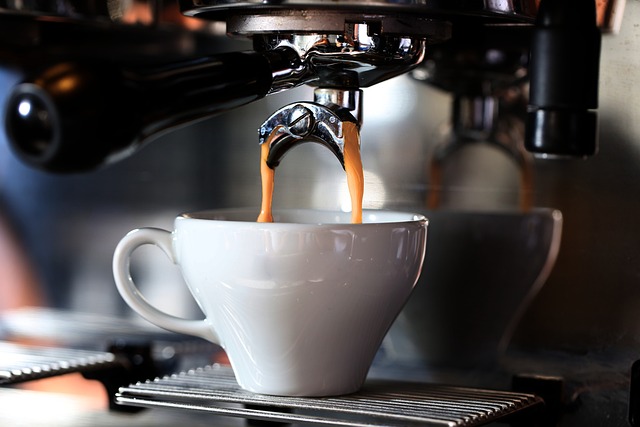How They Handle Cleaning Agents
Summary: With the right compound, HNBR radial shaft seals offer reliable performance in super‑automatic coffee machines—even through regular cleaning cycles. Here’s what to consider when cleaners, descalers and steam meet elastomers.
What’s inside “coffee machine cleaners”?
Most tabs and powders combine alkaline builders (e.g., sodium carbonate), oxygen‑based oxidizers (typically sodium percarbonate, which releases hydrogen peroxide in water), and sometimes organic acids (e.g., citric acid) in descalers. These chemistries cut coffee oils and scale—and they matter for seal selection.

Why HNBR is a strong default
VR’s peroxide‑cured HNBR shows very good resistance to hot water/steam and to dilute acids and bases—a close match to typical cleaning and descaling media. The standard operating window is about –40 to +150 °C. In food settings, HNBR is widely used because it tolerates the detergents and disinfectants commonly applied during cleaning.
When to prefer FKM
If your design exposes the seal lip frequently and at high temperature to oxidizing cleaners (oxygen‑bleach chemistry), consider peroxide‑cured FKM. It is explicitly rated for hot water/steam service and offers expanded chemical resistance, with a material range up to ~220 °C.
EPDM for water/steam—if there’s no oil
Peroxide‑cured EPDM excels in hot water and steam (≈140 °C steam) but is not compatible with mineral oils or hydrocarbons; use silicone‑based greases only where lubrication is needed. This makes EPDM a good choice for purely aqueous systems.
Design & operation tips that extend seal life
- Keep the jet off the lip. Avoid directing concentrated cleaner onto the contact zone; allow rinse water to remove residues. (Media—including cleaning agents—should be part of material selection and design considerations.)
- Dose and rinse. Follow the cleaner manufacturer’s dosage and cycle times and ensure a thorough water rinse to limit oxidative load.
- Check lubricant compatibility. Seal lips and lubricants must be chemically compatible to prevent hardening/softening over time.
Why VR seals are a good match for compact appliances
VR radial shaft seals use a spring‑less membrane design. In comparative testing they require only one‑third to one‑quarter of the radial force of spring‑loaded elements at equal sealing performance—reducing frictional losses and heat, which is valuable in small drives and tight spaces.
(And yes, VR seals are already used in household machines, among many other applications.)

Quick selection snapshot
- HNBR (peroxide): hot water/steam + dilute acids/bases; –40…+150 °C. Default choice for most super‑automatic coffee machine sealing points.
- FKM/P (peroxide‑cured): hot water/steam + broader chemical/oxidation resistance; up to ~220 °C. For aggressive cleaning regimes.
- EPDM (peroxide): excellent in hot water/steam (≈140 °C) without oils; silicone grease only.
All materials are available in certified food quality.

